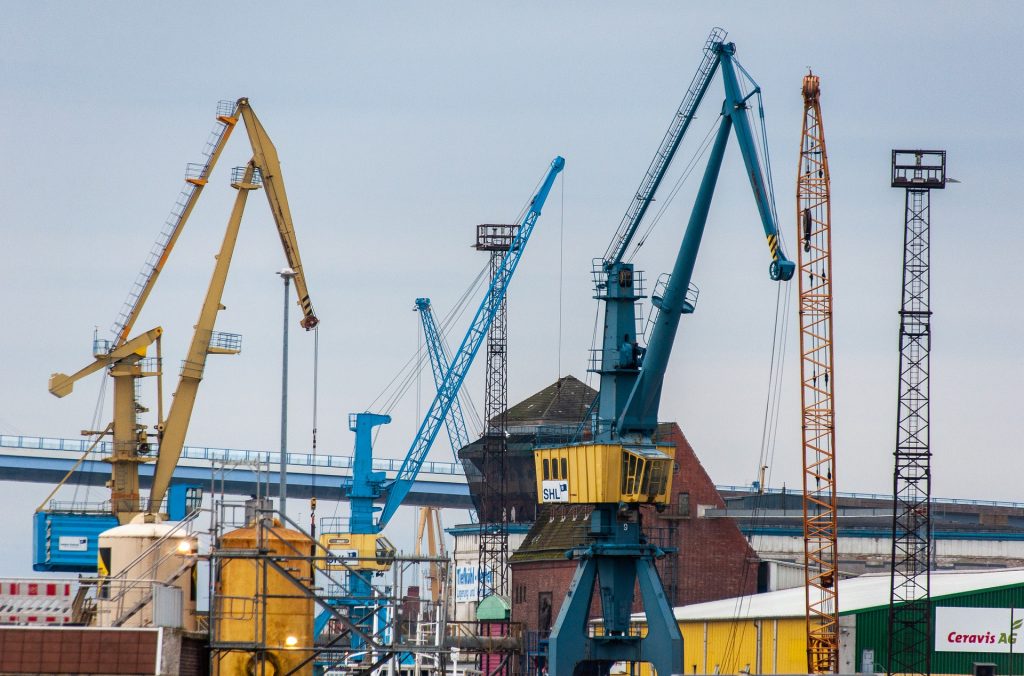Economic Outlook Note 25/2024 by T. Ferraresi, L. Ghezzi, D. Marinari and N. Sciclone

The cyclical phase of the Tuscan economy, characterised by instability due to the well-known geopolitical tensions, remains anchored to the national framework, which in turn is characterised by signs of evident weakness.
The fourth quarter of 2023 confirmed, for Tuscany as elsewhere in Italy, the fall in industrial production, down compared to the same period of the previous year. The long wave of the inflationary crisis, combined with the negative effects on international demand of the restrictive monetary policies adopted by the main central banks and the weak wage trend, has hit the regional production system, especially its more traditional specialisations such as those related to the fashion industry.
The drop in production was accompanied by a progressive weakening of goods exports, in respect of which positive contributions were concentrated on a few, qualified productions.
In the labour market, a drop in demand is observed, with the decrease in new hires essentially linked to the contraction of hiring in industry, with greater intensity in the fashion sector. In the fourth quarter of 2023, despite the reduction in demand, the dynamics of employees still maintained a positive variation compared to the same period of the previous year, but decelerated on a cyclical basis: from +1.3% in the second quarter on the first (seasonally adjusted data) it went to +0.6% in the third quarter on the second and +0.1% in the fourth on the third. A further sign of the unfavourable economic situation, particularly for the manufacturing sector, is the significant increase in the number of hours authorised for extraordinary and ordinary CIG between September and December.
In general, the average number of employees on an annual basis remains higher than the 2022 figure, reflecting a substantial stability in the number of terminations of employment. This testifies, in the context of a weaker economy, to the prevalence of a wait-and-see attitude on the part of operators, who have not adjusted their expectations on the future evolution of the economic cycle downwards.